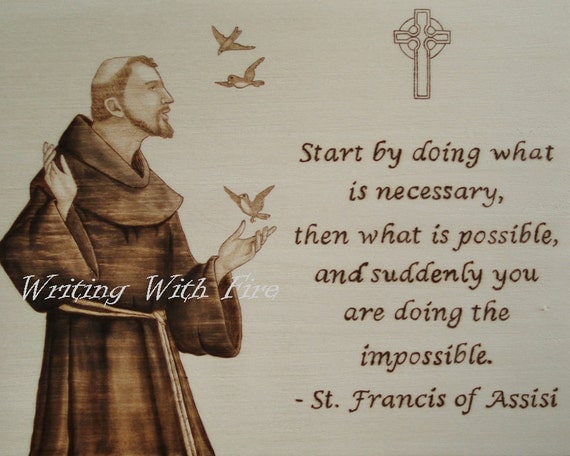In a booklet from Bible Life, the writer introduces us to a Korean maxim: "my heart tells me one thing but there is no evidence." Sadly, this is the reason for many problems and hurts that we encounter in life. Following your gut feeling or your hunches may be a wise move at times, but far from reliable.
We are hurt, and others may be hurt with this approach to behavior. We make judgments on fragments of speech we heard, make guesses, follow vague memories, deceive ourselves, and go in search of illusions.
The writer introduces us to Francis Bacon (1561-1626) a devout Anglican who gave us the ways we can be deceived by what we hear and believe. He called them idols, and the four of them: he described as idols of the Tribe, Cave, Marketplace and Theater.
Idols of the
Tribe come from our human nature; idols of the Cave are the problems
that come from our faults and failings; idols of the Marketplace are the
problems with understanding words; and the Idols of the Theater
come from philosophy, theology and tradition. These are all ways that
prevent us from attaining truth and are hindrances that come from
falseness and unreasonableness.
The writer concludes his article wanting us to beware of these idols that are all pervasive, and wants us to experience truth that is open to experience. We can be familiar with the Scriptures and the teachings but without the experience of God in our lives, we will always be going on impressions. Knowledge that comes only from these impressions does it make us Christians?
Paradoxes in Christianity are many; where the culture conflicts with Christian values, we can easily see what makes a Christian. Society wants us to be winners; Christianity sees strength in losing. Weakness is not always bad, to be empty is the means of being filled, what we see is not as important as what is not seen, and dying to ourselves is the way we begin to live. It is only when we are able to experience these truths and similar ones in our lives can we consider ourselves disciples.
